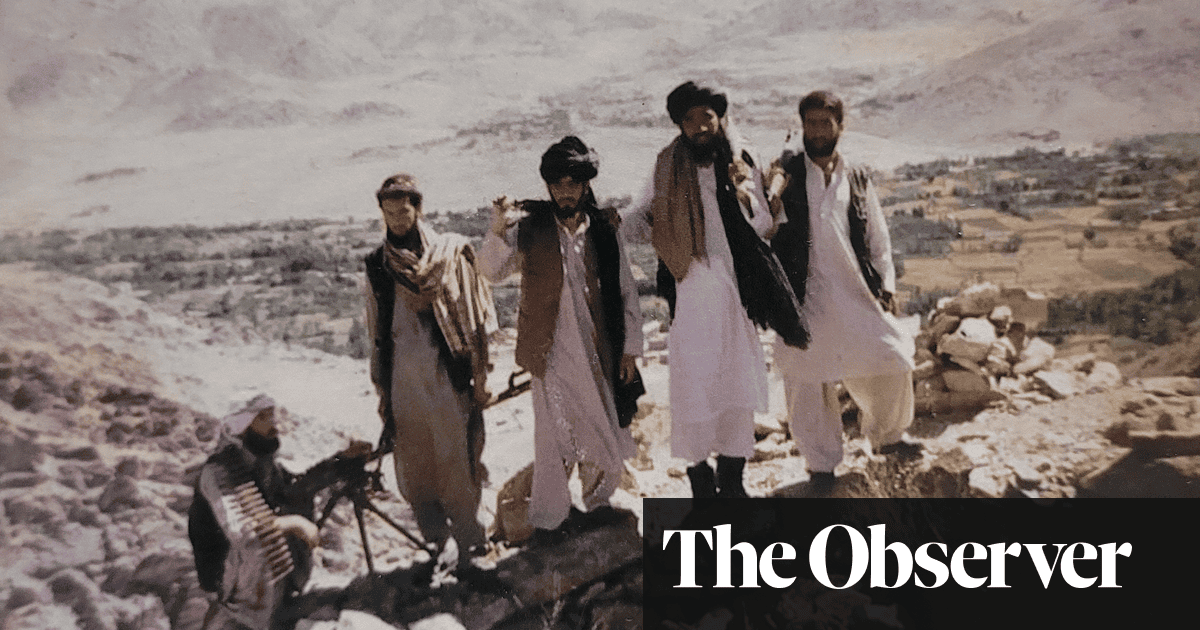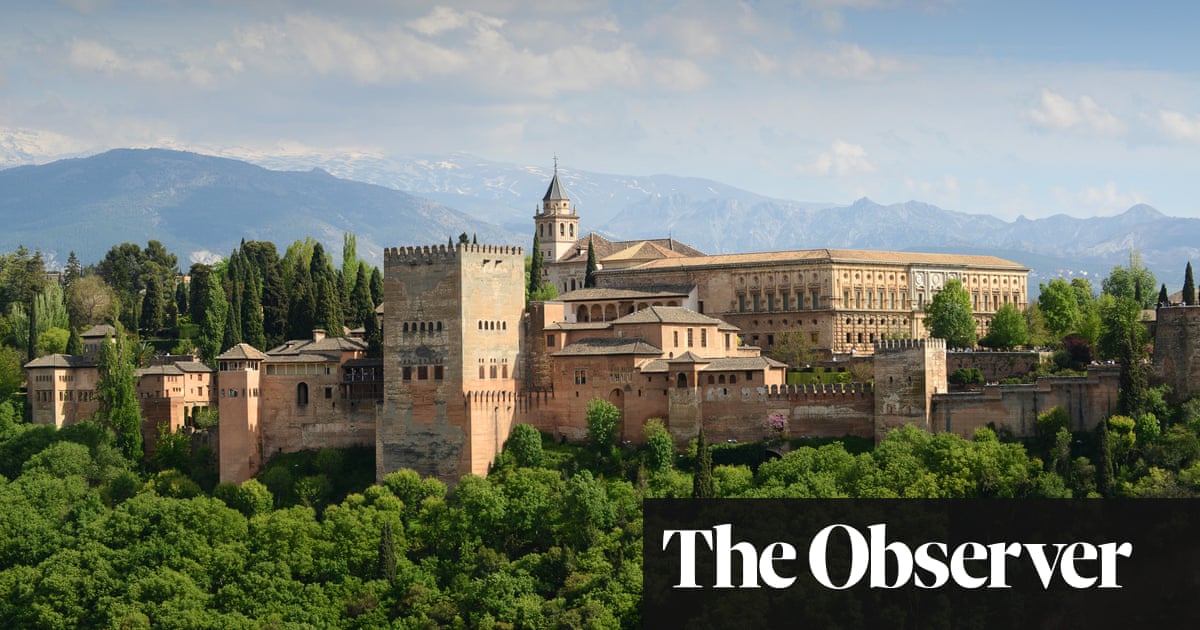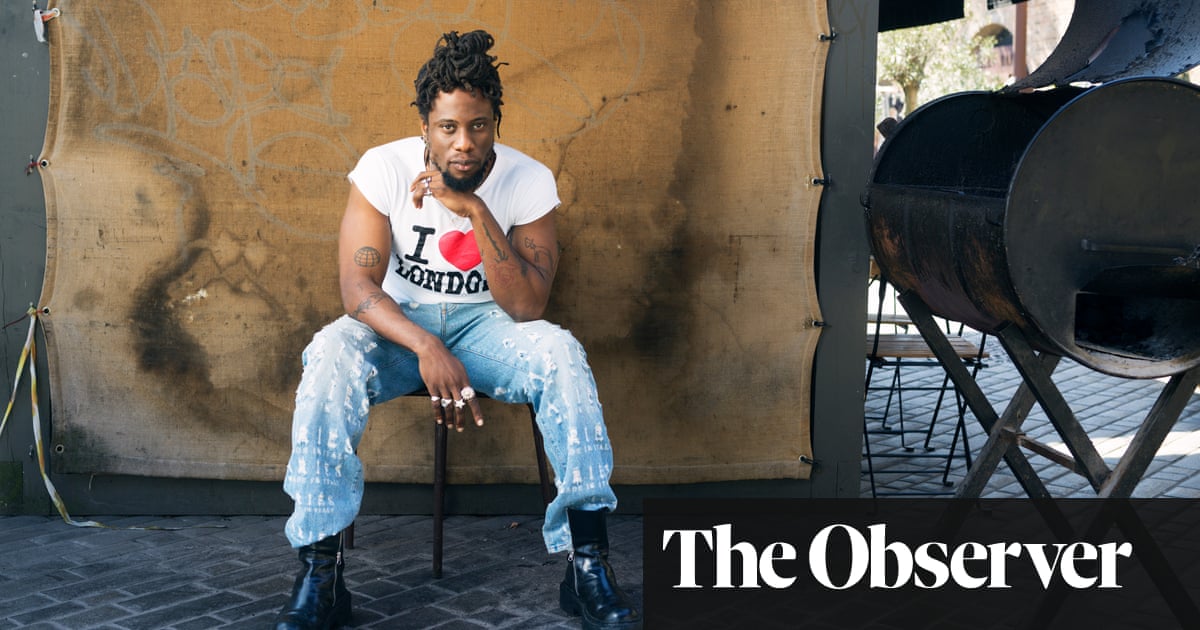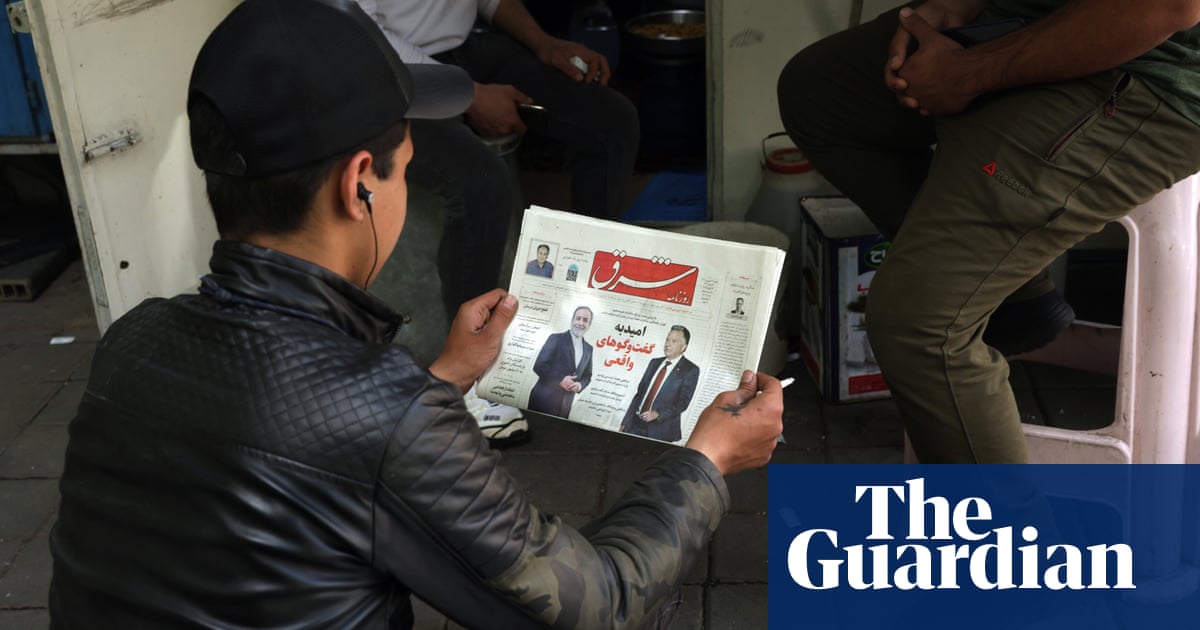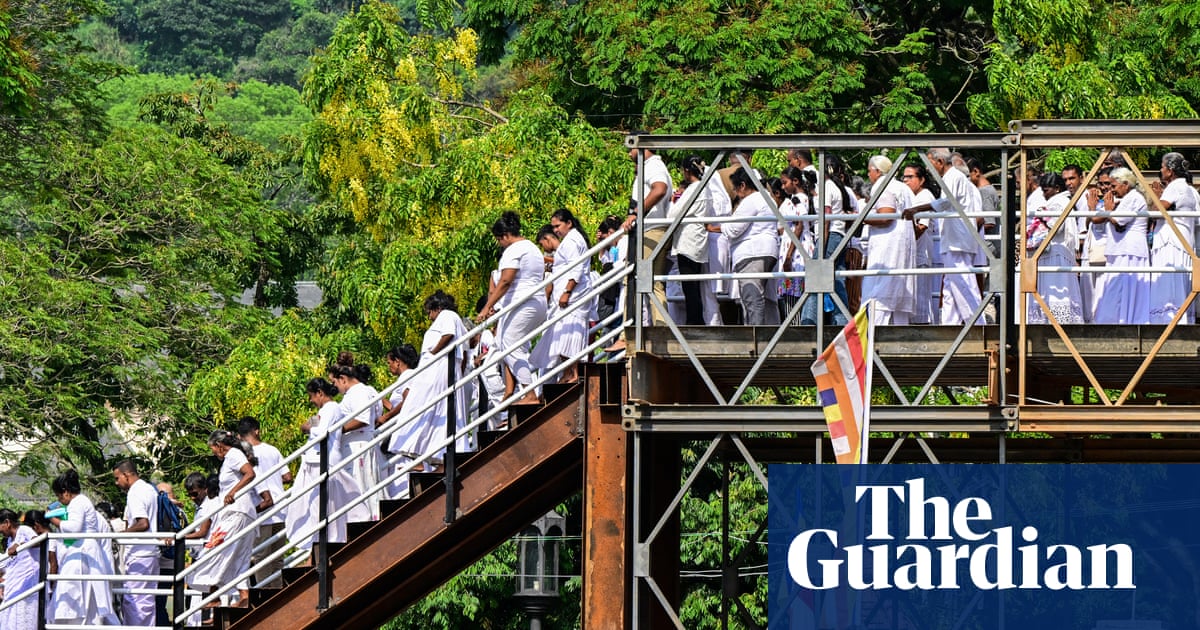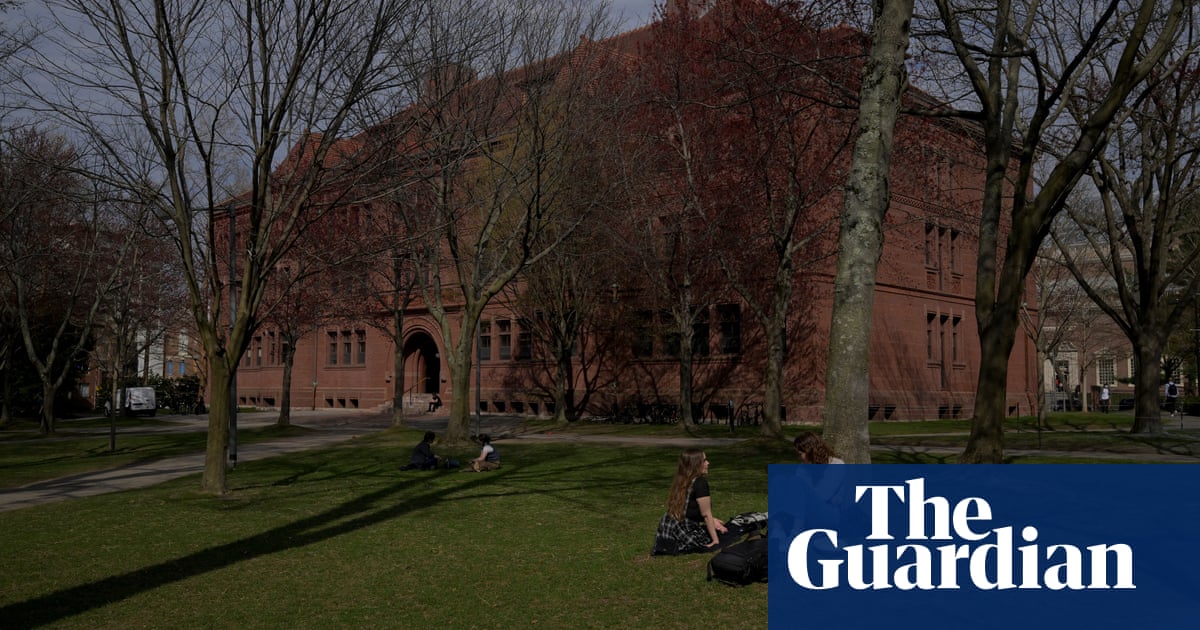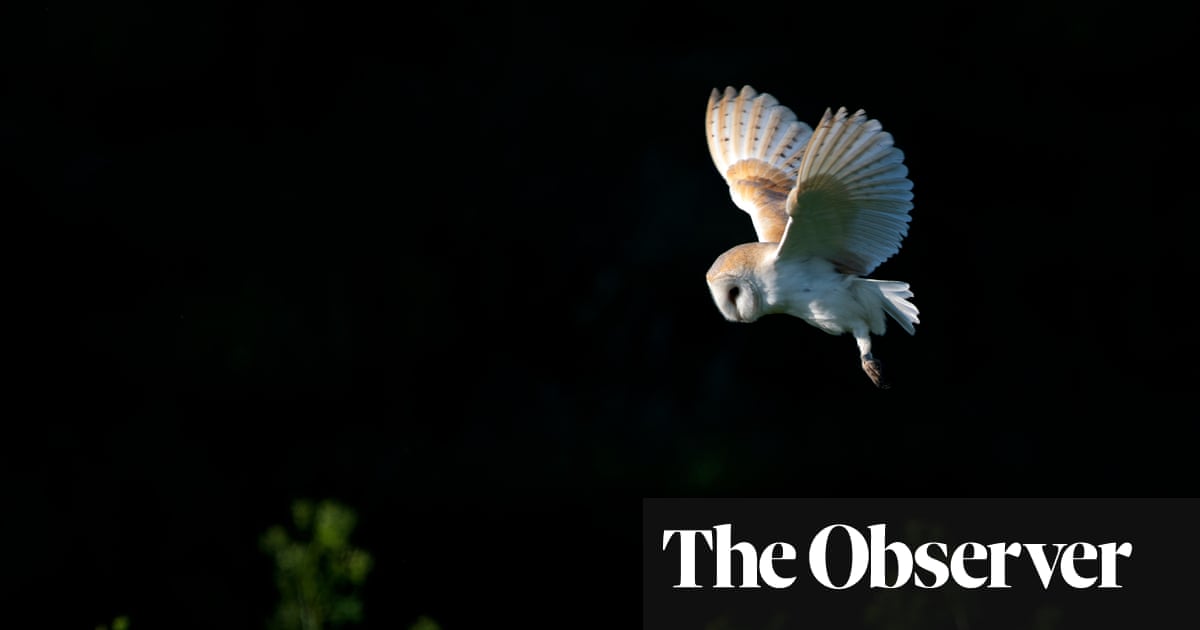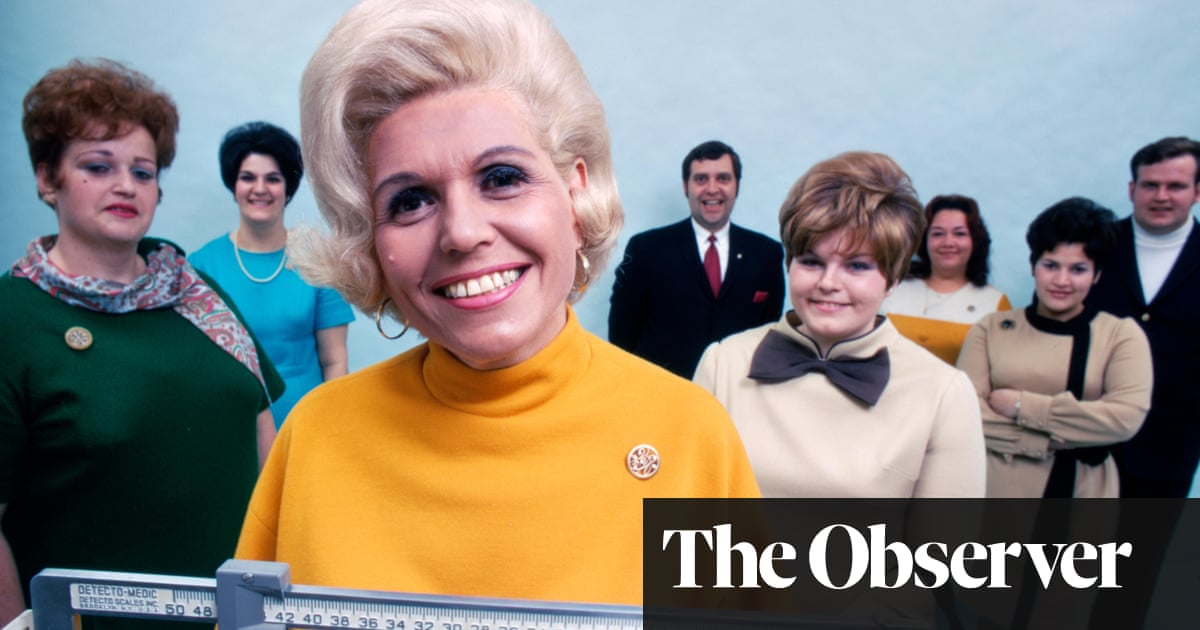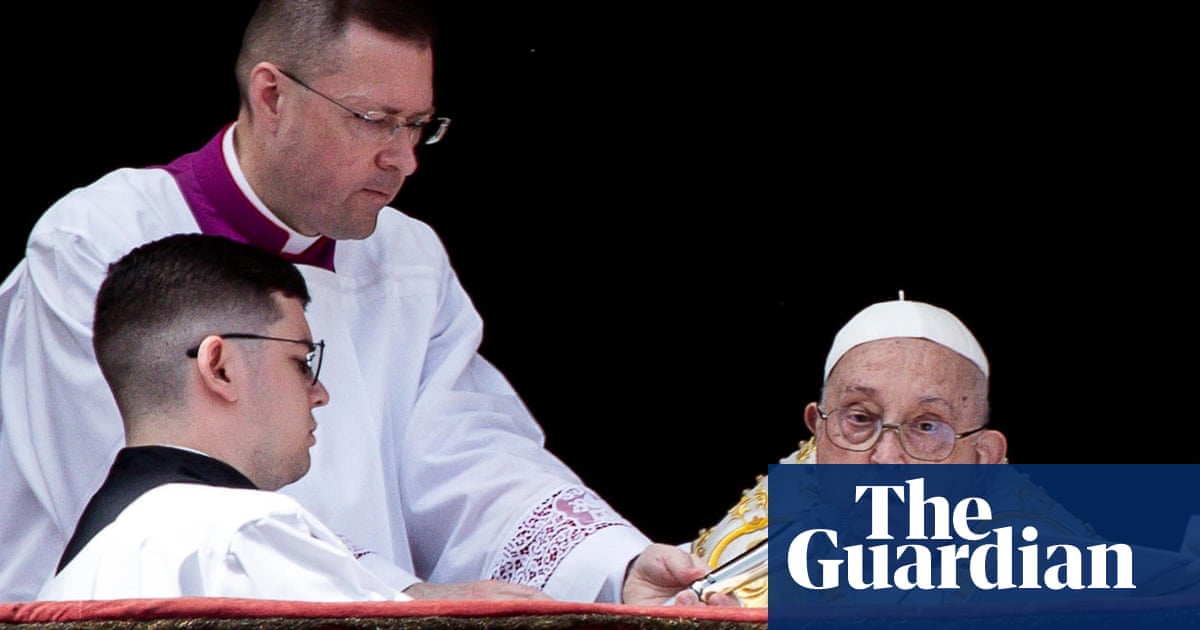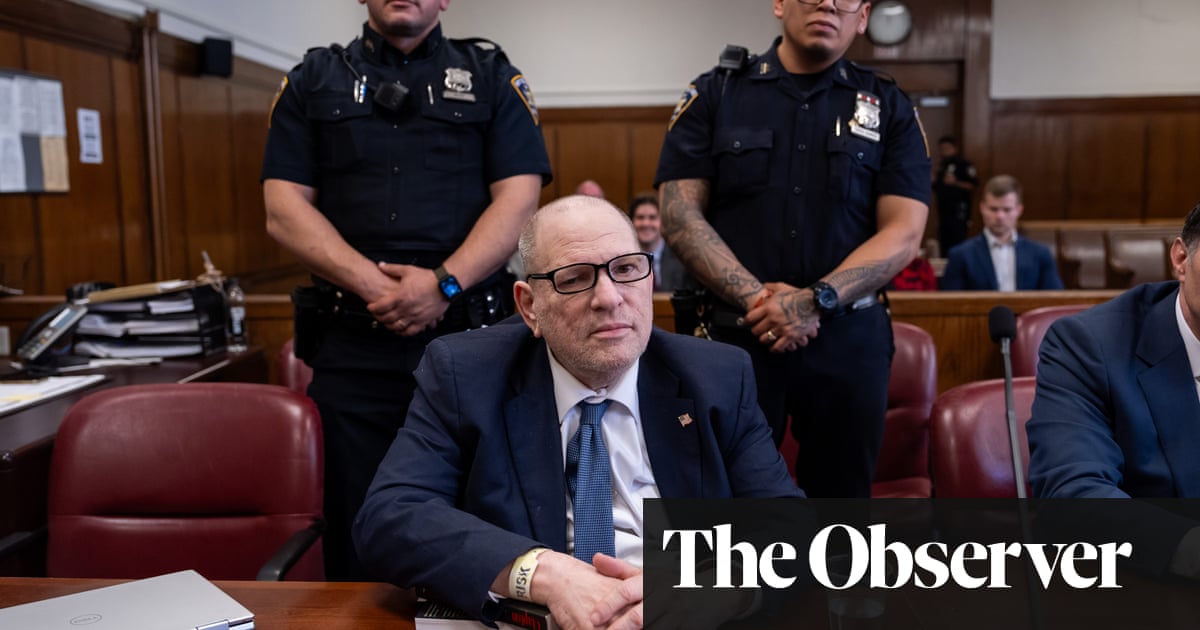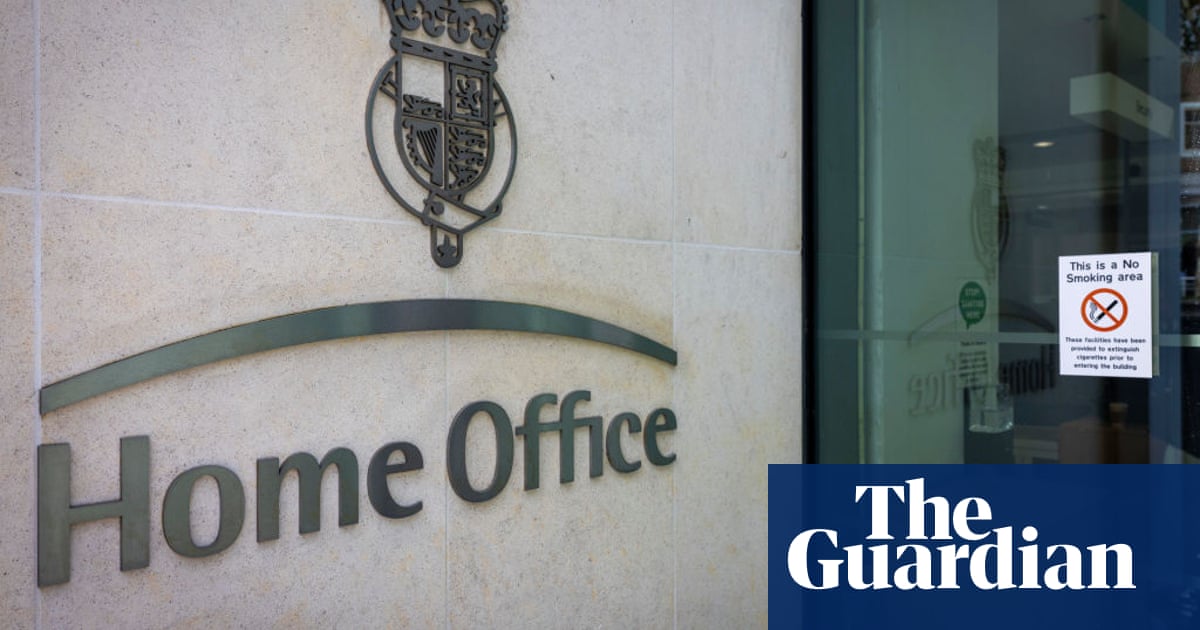That legendary boozer the late queen mother liked to entertain her guests with an “anti-toast”, in which she drank to people she disliked. One day the names ill-wished were “Tony Benn, Idi Amin and Jimmy Carter”. The benign US president featured in the same list as a mass murderer because, she explained, “he is the only man, since my dear husband died, to have had the effrontery to kiss me on the lips”.
This alleged offence was enough for the queen mother to want it remembered, and not as an innocent accident. She believed it was her misfortune, her biographer William Shawcross wrote, to remind middle-aged men of their mothers; she recognised “the glazed look that came over their faces”, and thought this had made Carter reach in for his kiss. “I took a sharp step backwards. Not quite far enough.” So Carter could hardly help becoming aware of the accusation, which “distressed” him.
Whatever happened in 1977, it is hard to think of a reason other than the queen mother’s grudge, festering over generations, that begins to explain why the royals, currently so full of their diplomatic importance, chose to send one of their lowlier operatives, Prince Edward, to President Carter’s state funeral. Two households, both alike in dignity. Plus, the king idolised his grandmother: “For me, she meant everything.” Grandparent syndrome can do strange things to a person; witness Boris Johnson (and “Granny Butter”), JD Vance (and “Mamaw”), Elon Musk and “nana” Cora, from Liverpool, for whose posthumous sake he is attempting to bring down the UK government.
Perhaps it is no more preposterous that Charles should, putting grandma loyalty first, have sent a nervous-looking junior to meet five living presidents at a critical moment for UK interests: this is what happens to countries who upset a royal matriarch. Which does not mean that Edward’s presence might not have been appreciated by any dignitary coveting his recently acquired membership of the Order of the Thistle. The most compelling qualifications, I understand, being twofold: having the king as an older brother and reaching the age of 60.
His appearance has not, anyway, gone undiscussed. It is reported as “unusual”, “unexpected”. The briefest look at which British royals have attended US presidents’ state funerals since improved refrigeration and air travel made this possible confirms that the late queen invariably sent a senior proxy: her husband or her heir. Edward is 14th in line to the throne, five places behind Beatrice.
Had Charles, who is still receiving medical treatment, followed his mother’s example, William would have been deputed to advertise two useful things: his family’s respect for Carter’s decency and philanthropy, and at the same time, being above politics, its mature willingness to court a capricious incoming president who may not fully have forgotten being insulted by, among others, the foreign secretary, David Lammy.
Here was an opportunity for the family to illustrate the unrivalled personal service provided in exchange for the sovereign grant, recently increased, because of repairs to the unoccupied Buckingham Palace, from £86m to £124.8m, rising to £126m in 2026 (to add to the fortunes extracted from their respective duchies by Charles and William). Norman Baker, a republican and former Lib Dem minister, said of this increase: “We’re actually providing more largesse for the royal family, who are really bloated in terms of their money.”
A few days before the Carter funeral, a new poll indicated a level of public fractiousness that the family may want to note: a YouGov poll for the Times showed a majority of Britons do not wish to fund the palace renovations. Baker asks why ticket sales cannot, as with Windsor Castle in 1992, fund the repairs.
William’s absence from funeral duty – it clashed with his wife’s 43rd birthday and, as such, a busy time on social media – might have been less conspicuous had his diplomatic skills and commitment not been so insistently advertised as a national asset. The supportive press regularly relays assurances by “sources” that William, rhino enthusiast and former smasher of dog bowls, has become “a global statesman in his own right”, “a seasoned statesman”, for whom his diplomatic mission “is now a golden thread running through his work”. We’ve learned how this Insta-literate Machiavelli dazzled Donald Trump after being “scrambled” at short notice to attend the ceremonies for Notre Dame. “He looked really very handsome last night,” Trump said.
‘There are three classes of intellects,” Machiavelli wrote, on princes and their advisers. “One which comprehends by itself; another which appreciates what others comprehended; and a third which neither comprehends by itself nor by the showing of others; the first is the most excellent, the second is good, the third is useless.”
after newsletter promotion
Without knowing what advice William is receiving, or rejecting, it’s unclear if he has been careless enough to surround himself, as his father often did, with flatterers, or worse. Maybe none of his advisers – another ex-diplomat arrived last year – felt able to insist on the importance of attending work-related funerals; maybe they agreed that in the age of the hybrid workplace, a prince, of all people, should be allowed to reap the benefit? And why shouldn’t Edward, having kept his figure, also impress Trump? With Anne presumably unavailable, Harry mislaid, Andrew a pariah and the replacement royal generation years from operational, there were few options. Among the various risks overlooked in proposals that Eugenie and Beatrice be mobilised are retail connections that may be no more compatible with William’s reflections on “empathetic leadership” than is the Sussexes’ Archewell.
To judge by dwindling activity well before it was hit by ill health, the royal family finds itself in the same position as many other British firms, in having plenty of mobile but indifferently qualified staff, along with a shortage of senior executives who don’t insist on WFH. Even through a state funeral. Unless the Carter kiss explains it, it’s hardly the service we pay for.

 3 months ago
51
3 months ago
51



